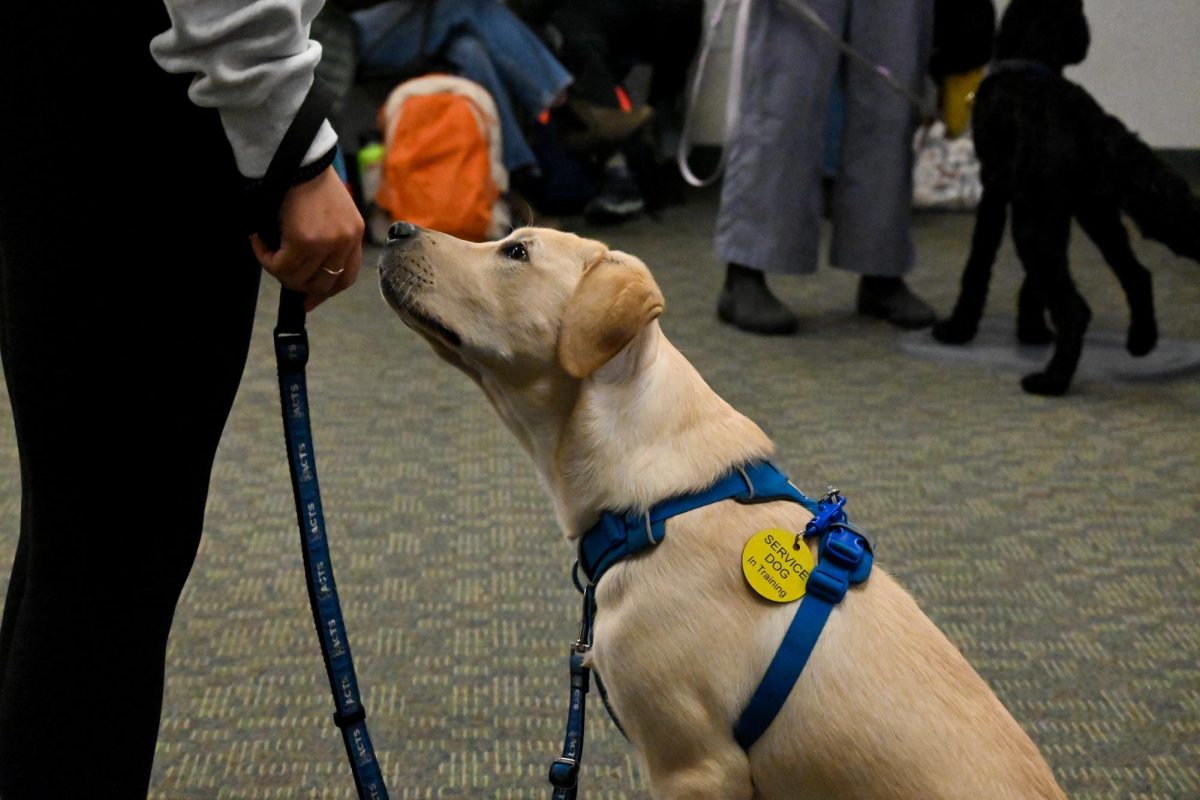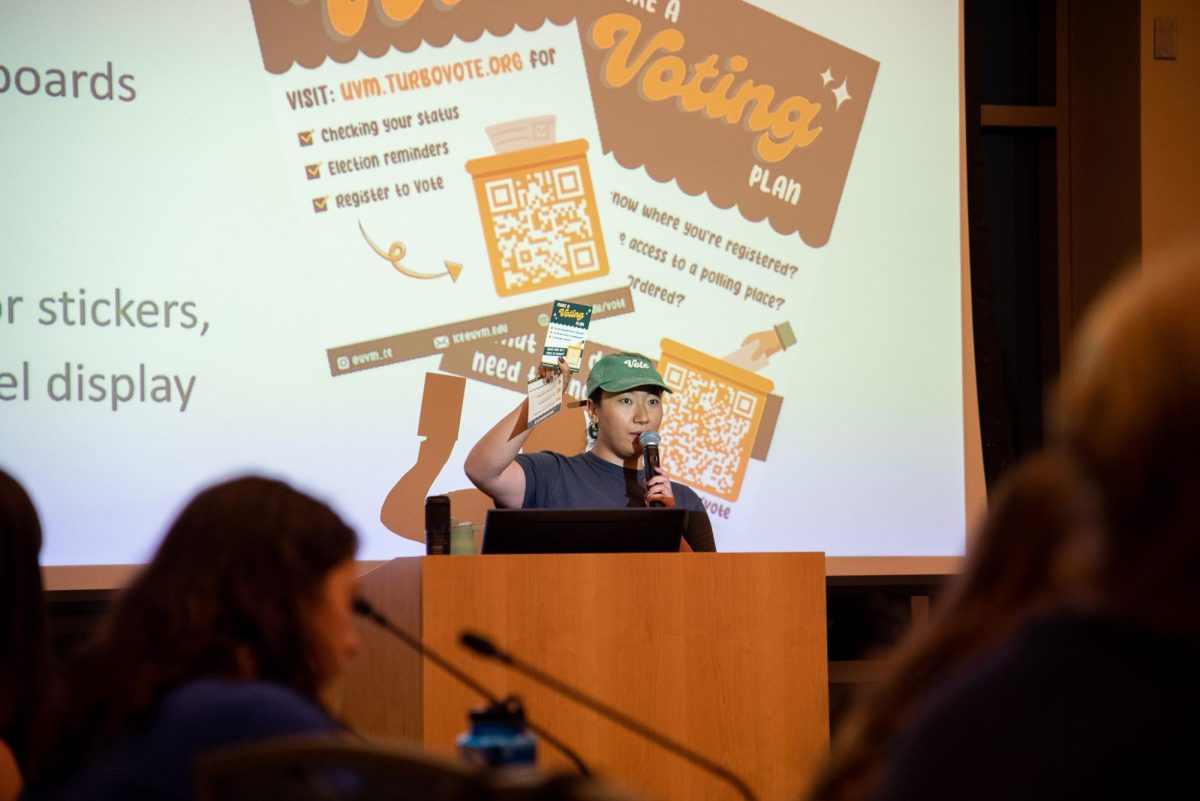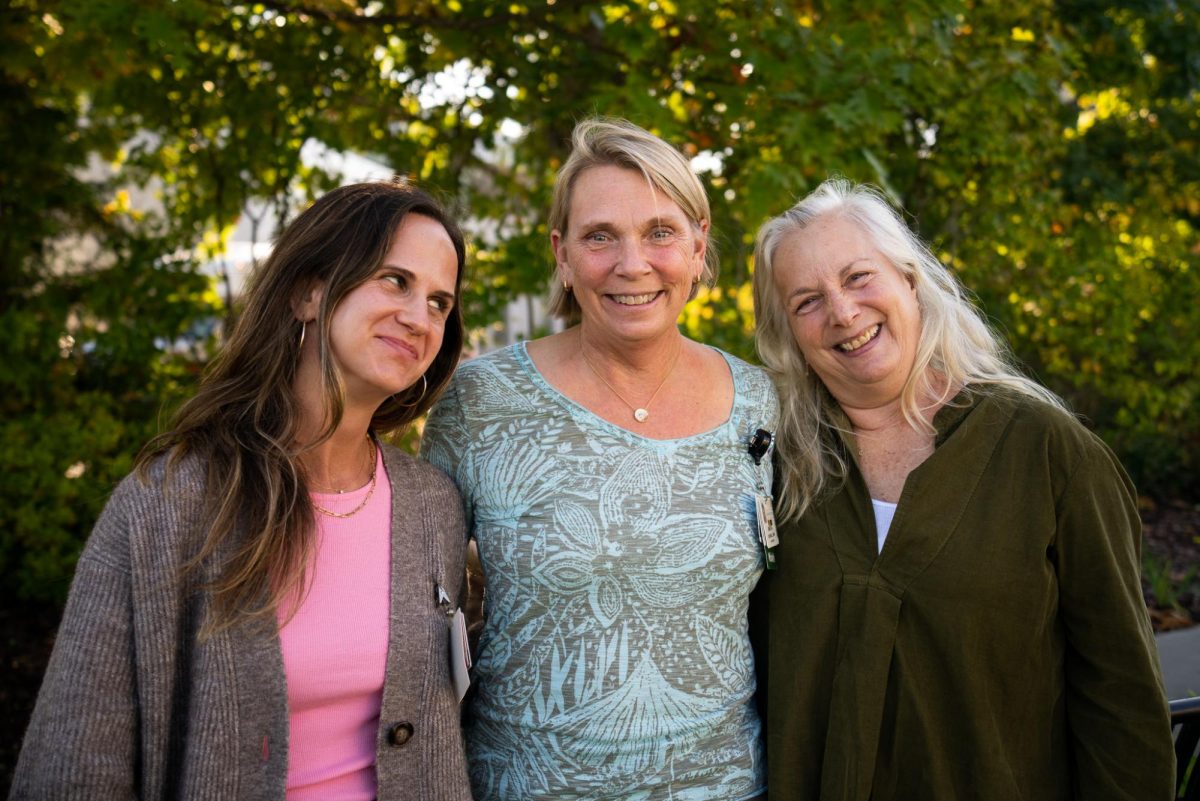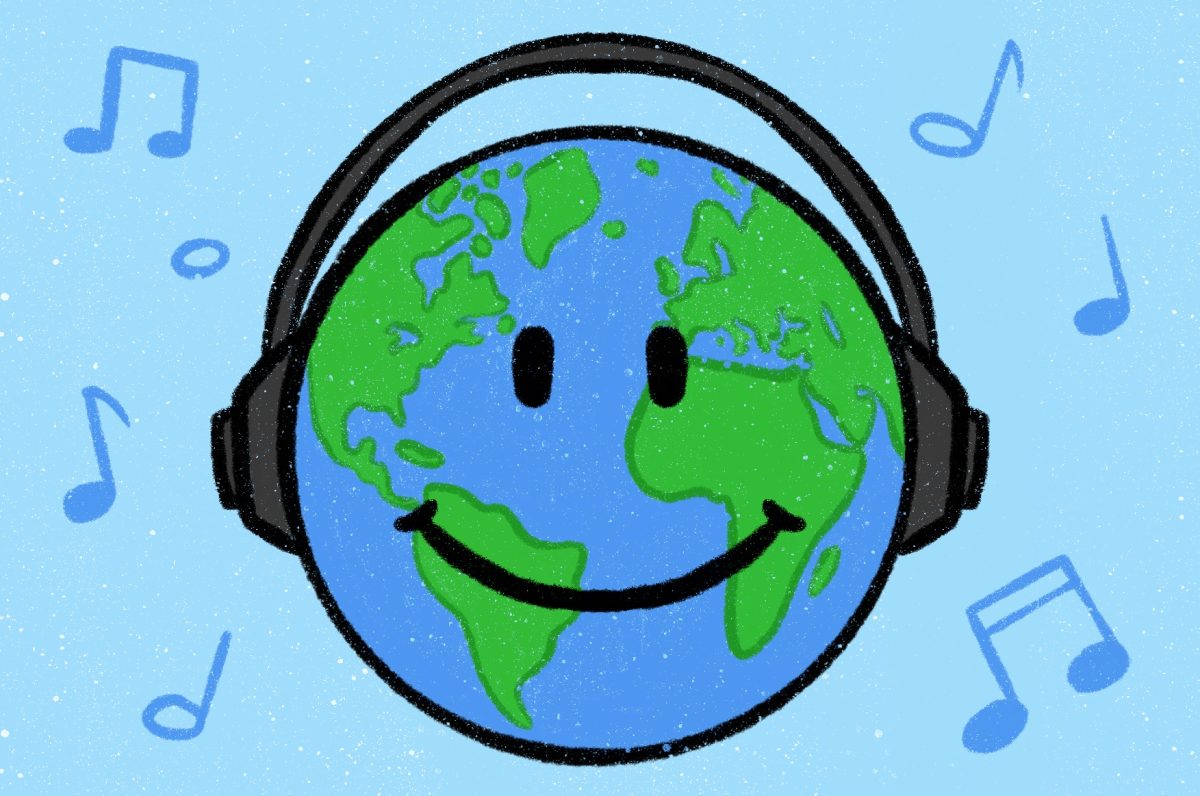We all grew up constantly hearing about the danger of talking to strangers, which is typically a good warning to heed.
Stranger danger is especially important when you’re barely four feet tall, fifty pounds soaking wet and still have wiggly baby teeth.
And if that describes you, feel free to stop reading now. Actually, please stop reading now. Listen to your parents, not me.
For the rest of us, however, I think we can say we’ve outgrown the need to treat everyone we meet with distrust and avoidance.
I’m not advocating for reckless behavior—I still think we should all take common sense measures and stay alert—but it wouldn’t hurt for us all to be more friendly and amicable to those we aren’t yet acquainted with.
Listen, I get it. My social skills also took a hit during the pandemic. But we’re almost four years out from lockdown, and two years out from the era of hybrid learning. So, sorry if you’re still feeling rusty, but it’s time to move on.
The social muscles I think suffered the most from lack of use are the ones we use to interact with people we don’t know.
Not just random strangers, but acquaintances—your classmates, neighbors, professors, baristas, distant relatives, etc.—basically anyone outside of our loved ones who we haven’t necessarily built up a rapport with yet.
More broadly, our generation sucks at small talk.
And we’re not just bad at it, we don’t like doing it and we don’t see the point in it.
I get it, small talk can feel boring and useless. I know you’re not going to tell me how you really feel and, to be honest, I don’t really want you to.
One of the main reasons people dislike small talk is because it feels fake and superficial. But this is actually the key to its importance in society and culture at large.
“I used to really dislike small talk because I thought it was sort of awkward and it’s easier to have conversations with people you know,” said sophomore Aditi Saleh.
“But then I realized small talk doesn’t have to be some like, really empty, shallow, polite thing that I viewed it as,” she said. “It can just be a conversation about whatever small topic you want it to be.”
The topic of conversation isn’t really what’s relevant in small talk—instead, it’s the ritual aspect—the discussion of familiar events and shared experiences that serves to facilitate social bonding, according to a Dec. 30, 2019 Vox article.
“Even if you don’t know each other well, you can still have a nice pleasant conversation about whatever you want—no matter how mundane it is—and then you can leave knowing that you had that brief positive experience with a stranger,” Saleh said.
No matter how awkward, superficial chats are an essential step in the process of creating closer connections.
Small talk is a critical component of building community and becoming more comfortable with the people around you, said junior Ian Orsmond.
“I feel like, on day one, it’s small talk with the people in your classroom,” Orsmond said. “But by the end of the year, if you never started engaging in that small talk, like, you just wouldn’t know anyone in your class and you’d never end up finding a sense of place in it.”
There are material benefits to small talk, too. Research has shown that these casual interactions can improve not just people’s moods, but their overall health and wellbeing, according to a June 1, 2023 Time article.
“Life is fucking boring. And it’s mundane as all hell,” Orsmond said. “But it’s like, you can make it a little bit better if you just talk to someone.”
Somewhere along the way, our generation has lost that skill, and we’re paying the price for it: 73% of Gen Z have reported feelings of loneliness—and that was before the pandemic.
Now, the elephant in the room: social media.
Social media has been attributed as a key factor in this “loneliness epidemic,” with kids using screens as a replacement for in-person gatherings, leading to more superficial relationships, according to a May 2, 2023 NPR article.
Our generation is spending 70% less time together compared with young people from two decades prior, according to the same NPR article.
Clearly there’s a problem here, and there isn’t just one easy solution. But making an effort to be more friendly and create more connections is an important step.
So, next time you’re in a situation where you don’t see a lot of familiar faces whether it be in lecture, while doing laundry, waiting in line at Picante or in any other multitude of mundane occurrences, consider engaging in a quick chat.
I know it’s easier said than done, but trust me, it’s worth it. Don’t be afraid to start small—if you see someone wearing a cool sweater, compliment it. If someone has a sticker on their laptop of your favorite show, tell them.
If you’re playing pool with your friends in the UHeights kitchen while another group is using the oven, ask them what they’re baking. Who knows, you might even get a cookie in the process.
No one is claiming that these interactions are going to go smoothly every time; they might be awkward or even embarrassing. But that’s life.
We all have to leave our comfort zone sometimes.





















